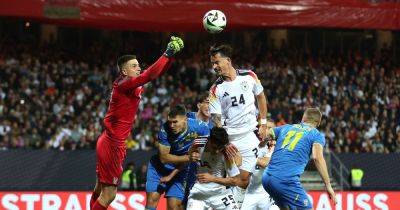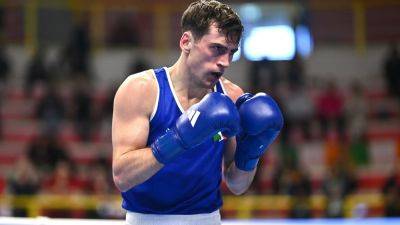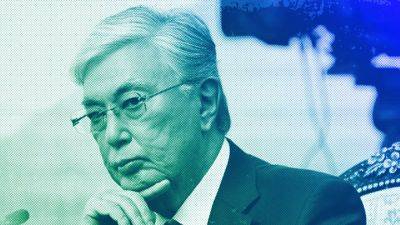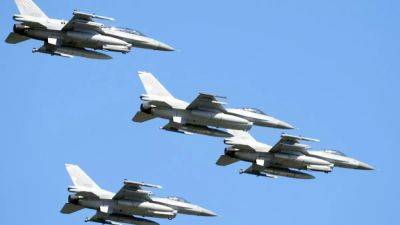From crisis to cooperation: how the EU handled the troubled 2019-2024 era
A five-year cycle of turmoil; from COVID-19 to the war in Ukraine and its consequent energy shock, and with soaring inflation thrown in for good measure Europe’s economy has been rocked by an unprecedented series of crises over the past half-decade. As the EU's Economy Commissioner Paulo Gentiloni puts it: “Nobody would have predicted that we could have had two Black Swans in a row,” referring to the highly improbable sequencing of events such as the pandemic and Russia's invasion of Ukraine.
As Europeans get ready to go to the ballot box in June's parliamentary elections, Real Economy assesses the EU’s economic performance over this challenging period and the prospects for recovery in the next. How can the bloc boost growth and productivity, is the Green Deal still on track, and do trading relationships with countries like China need a reset? These are the big questions facing voters, as they prepare to give a new mandate to the EU's institutions.
With desperate times calling for desperate measures the EU's response to the multiple crises ventured into the hitherto unthinkable; the huge €800 billion NextGenerationEU fund was a historic economic gesture. Deployed to accelerate the bloc’s post-pandemic recovery and green and digital transition, it saw member states issue joint debt for the first time.
But COVID also forced Brussels to abandon fiscal limits temporarily. Since then many member states have racked up record debt-to-GDP ratios, an issue the energy shock and high inflation of 2022 only exacerbated. Recently reformed spending rules aim to bring these gradually back under control. Post-pandemic funds are also due to end in 2026, and now the big question is, will Europe have the money it needs to invest and compete








